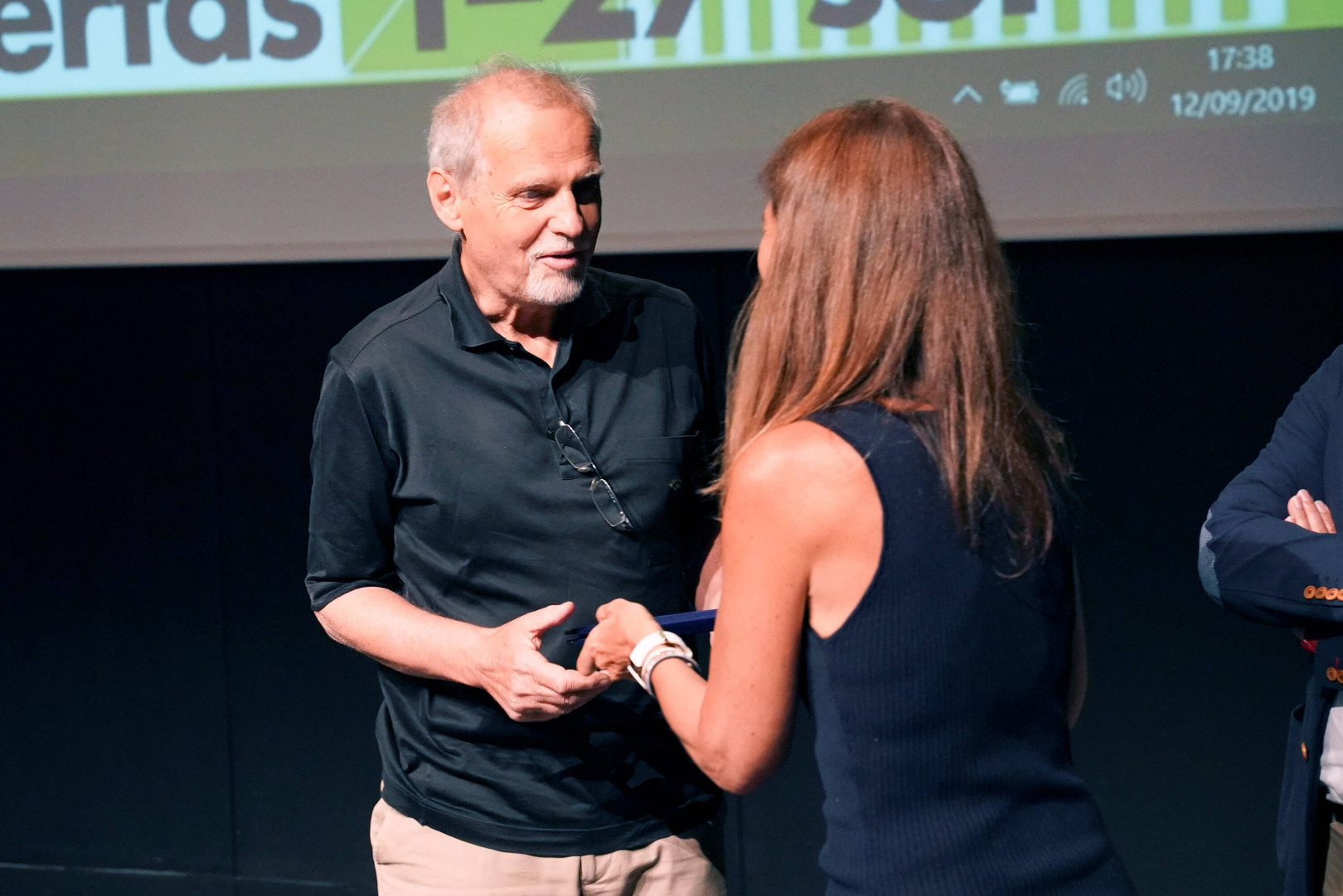INESC TEC's researcher was honoured by the Artificial Intelligence Society
On 12 September, Pavel Brazdil, researcher and founder of INESC TEC’s Laboratory of Artificial Intelligence and Decision Support (LIAAD) was honoured by the Portuguese Association for Artificial Intelligence (APPIA) in Guimarães, in the closing session of the Gulbenkian Workshop “New Talents in Artificial Intelligence”.
25th September 2019
At issue is the researcher’s pioneering work in Machine Learning and his important contribution to the development of Artificial Intelligence (AI) in Portugal. The Portuguese Association for Artificial Intelligence (APPIA) had already announced this tribute to Pavel Brazdil, within the scope of the 19th EPIA Conference on Artificial Intelligence (EPIA 2019), which was organised by APPIA and was held at the University of Trás-os-Montes and Alto Douro, between 3 and 6 September of 2019.
Contribution to the development of AI
On this date, besides the researcher Pavel Brazdil, Eugénio Oliveira from the University of Porto and José Maia Neves from the University of Minho were distinguished for their services to the Artificial Intelligence community.
Since March of 2019, Pavel Brazdil is a Professor Emeritus of the University of Porto (U.Porto). Pavel Brazdil was born in Czech Republic. With a degree in Electrical Engineering, he completed his PhD degree in Artificial Intelligence at the University of Edinburgh (Scotland). In 1982, he moved to Portugal to lecture at the University of Porto, where he was also involved in the creation of LIACC and later in the creation of LIAAD. He was also the Chairman of the Portuguese Association for Artificial Intelligence between 2000 and 2003. He’s one of the five members of that association, being a Fellow of EurAI (European Association for Artificial Intelligence).
The researcher mentioned in this news piece is associated with FEP.


